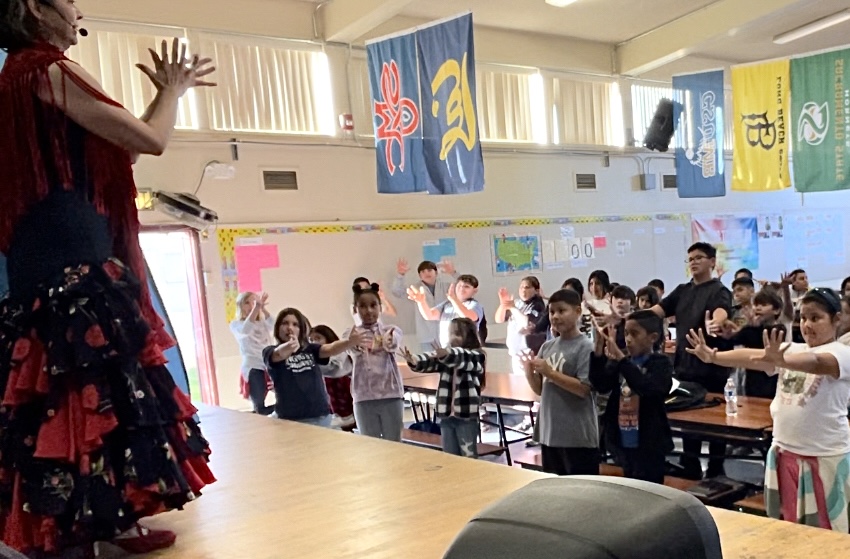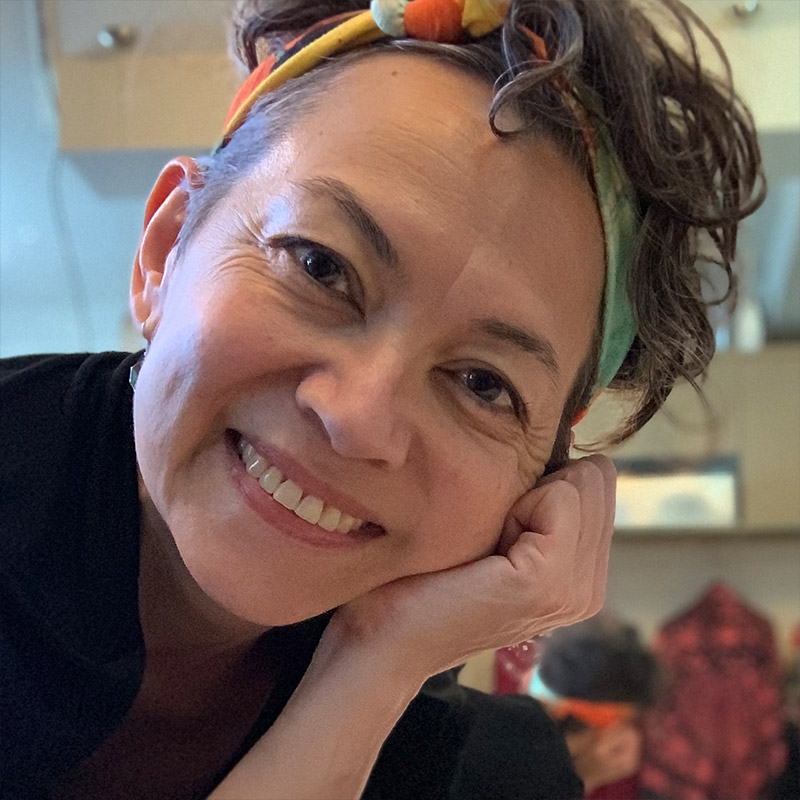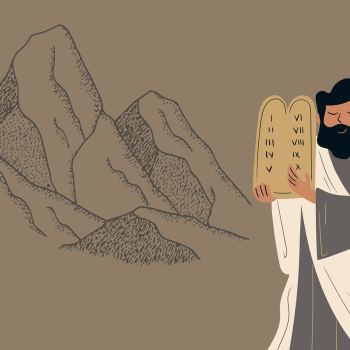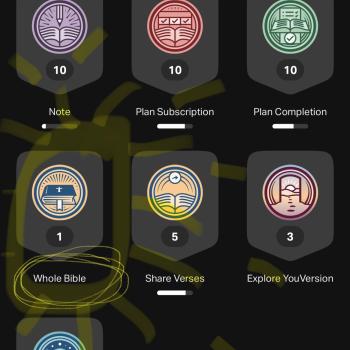A film isn’t finished ’til it’s “in the can” – and even then, there’s the Director’s Cut. Writing is actually *re-writing*. And the choreographer always, always “improves” (read: completely changes) the dance steps between the first and second performance.
And so goes the life of a creative. Of which I am. In all 3 of the above genres, in fact. So I know these situations to be absolute fact.
I also know these situations are not bad parts of the creative process. Not at all. Despite the frustrations – even resistance – that often ride alongside the changes, the intention is always to make the first version better. The end goal is always excellence. We may not ever get there. But excellence is always the focus.

Is this excellent yet?
Not surprisingly, Apostle Paul includes a focus on excellence in his list of favorite things to focus on, in the place of anxious thoughts:
“Finally, brothers and sisters, whatever is true, whatever is noble, whatever is right, whatever is pure, whatever is lovely, whatever is admirable—if anything is excellent or praiseworthy—think about such things.” (Philippians 4:8 NIV bold mine)
Now, I’ve been a professional dancer for almost all my life. In my 30’s, I performed Flamenco school assemblies for the dance company I was a member of in Chicago, Teresa y Los Preferidos. Teresa, the artistic director, called all the shots – which choreographies to perform, what costumes to wear – and she usually “narrated” the show. Back then, there were no curricula to follow, no objectives to be met. We were pure, sparkly entertainment for the kids. Nothing wrong with that.
Years ago, I had sworn off school shows because I thought my performing days were done. This past year, God clearly called me to return through a wonderful company called Academic Entertainment. So, at 58 years old, with 30 years of teaching and curriculum-writing under my belt – and through God’s grace physically stronger than ever – I built a one-woman flamenco show that teaches kids social-emotional skills in a really fun way. It’s been nothing short of amazing. In fact, it’s been true, noble, right, pure, lovely, admirable, praiseworthy… and, I thought, excellent.
Apparently, not quite
I always record my performances, and a big reason why is to make improvements to my technique. I’m definitely my own biggest critic, and when you’re a performer, that can be a good thing – it usually humbly gets you back into rehearsals (though not always, and I suppose that’s a topic for some other article).
After my first couple of shows this past summer, my MO was no different. During the fall semester, I made some improvements, some tweaks… I drilled some technique that needed drilling… and then I thought I was nailing the show. I mean, the kids were loving it, and so were the teachers. I really thought I was nailing the teaching part of it, too. I mean, I was an award-winning professor and department chair, come on!
And then, in a show right before the Winter Break, when I called 4 students up onstage to ask their burning questions “about anything we’d done that day,” a 5th grader named Adam dropped a bomb on me.
But HOW?
I’ll backtrack for a sec and tell you the theme of the show: The ancient creators of Flamenco music and dance used this art form to face their bullies and triumph over trouble – and eventually sing and dance with those bullies, who were no longer bullies.
And Adam asked, after my show was almost all said and done, “But HOW did the Flamencos DO it? HOW did they use this stuff to succeed?”
I’m telling you, Adam’s emphasis on “HOW” nearly knocked my onto my bottom in that moment. Of course, being a well-trained, lifelong dancer, I “never let them see me sweat.”
So, I excitedly answered, “Excellent question, Adam! They used their creativity to do it. By actually creating, they were able to go from being sad and afraid to being brave and joyful.”
Time for a do-over, Miss Coco Flamenco
But it was 100% apparent to me as an educator that, well, I did NOT clearly teach the ONE MAIN THING that I had intended to teach!
As they say, back to the drawing board, time for a do-over.
Because if my teaching didn’t get the main point through… it’s not excellent. As opposed to Jesus’ teaching, which was, and always is, excellent.
When my teaching isn’t excellent, I get very anxious. I can’t sleep because my mind races for a solution. Because I’m falling short of excellence. Yet I’m trying to focus on excellence, as Paul encourages us to do, in order to eliminate anxious feelings! It can be a vicious circle. Until I shift my focus to this verse we’ve been working through in this series of articles – and prayerfully use it for a do-over.
I spent the first half of the Winter Break very prayerfully re-writing the show. And re-writing it again. Prayerfully rearranging the playlist. And rearranging it again. As I write this article, I’m looking ahead to the second half of the Break. Prayerful rehearsals. Rehearsals. And more rehearsals.
And with God’s help alone, I’ll have a more excellent show in place in time for my next performance – the first week back from Break!
Reflective Response: What’s excellent in your creative process?
Whether your realm of creativity is found in dance, writing, or filmmaking (like mine is), or in cooking, customer service, or tech…
Anxious feelings about your level of excellence within your creativity can knock you on your bottom. Here are 3 questions to prayerfully ask yourself to help you through, and achieve true excellence:
- Is what I’m creating aligned with God’s will for my work?
- What parts of my creation are properly serving others? What parts are not quite hitting the target?
- What is the very next step I can take to create a closer alignment with God’s will – in order to more properly serve others?


















